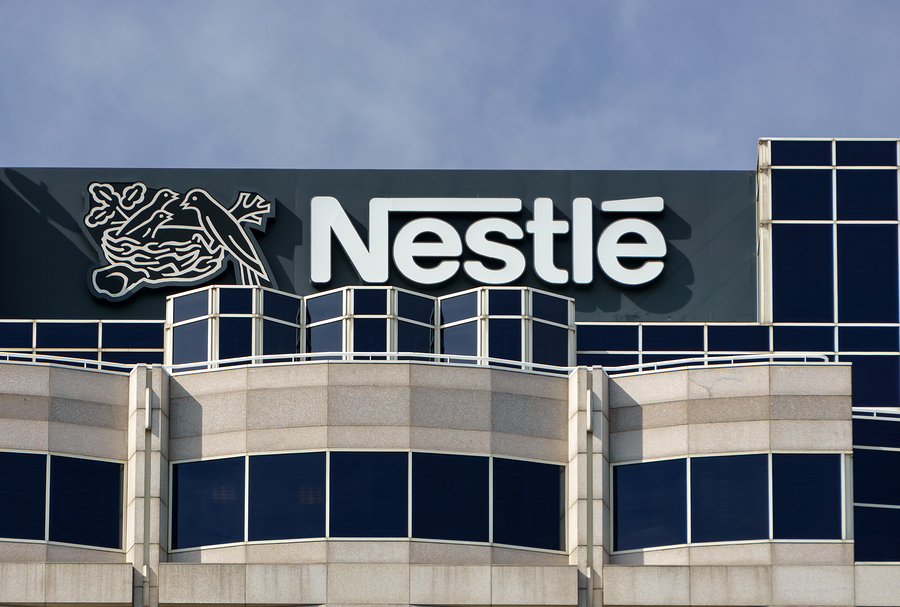Last week, Nestlé announced they’re leaving the Grocery Manufacturers Association (GMA). Their announcement follows close behind Campbell Soup’s decision to split this past June. Both companies will be formally disconnected from the lobbying group after the end of the year.
Campbell Soup says their decision to depart stems from a disconnect in belief systems. And although Nestlé representatives have made no formal comment, it’s suspected they’re leaving due to disagreements about high-profile industry issues.
Key policy disagreements
According to an article from Politico, recent events caused questions to circle around Nestlé’s alignment with GMA, especially for hot-button matters. Conflicting policy opinions started to appear when Nestlé supported the Obama administration on issues GMA actively lobbied against, like mandatory added sugar labeling and voluntary reduction of sodium.
Just last year, food industry circles suspected Nestlé didn’t agree with GMA’s opposition to mandatory GMO labeling. GMA spent $4.7 million lobbying against the measure. This is also what pushed Campbell Soup to announce their GMA departure.
Where will they go from here?
Departing from the prominent lobbying group raises the question of how Nestlé and Campbell Soup will influence important policy decisions on Capitol Hill in the future.
In January, Nestlé announced plans to relocate U.S. headquarters to Arlington. Some speculate the move eliminates their need for the GMA as a lobbyist group. Paul Grimwood, chairman and chief executive of Nestlé USA, said, “Frankly, this brings us closer to the heartbeat of our industry. It allows us to collaborate not just with consumers but also with other important stakeholders in Washington and on Capitol Hill.”
For its part, Campbell Soup recently joined the Plant Based Food Association, whose mission is to “ensure a fair and competitive marketplace for businesses selling plant-based foods … and educating consumers about the benefits of plant-based foods.” Campbell Soup is the first major member.
Joining the PBFA seems logical for a food manufacturer publicly pushing for transparency and healthy choices in the food industry, two areas where Campbell Soup has made huge strides. Just in the past couple of years, they became the first major company to label GMO ingredients, and they’ve been reinventing classic recipes to include fewer, more natural ingredients.
What does this mean for GMA?
GMA is the largest food lobbying group in the country, and it represents some of the biggest companies in the industry. However, recently large food companies have started losing market share to smaller manufacturers, suggesting that these smaller companies are more aligned with what consumers want.
Campbell Soup, for one, is paying attention to this trend. Denise Morrison, President and CEO, had this to say at a corporate analyst meeting in July:
“The GMA has grown over the past few years, more as a lobbying and regulatory association dealing with a lot of the regulatory issues. What we have experienced is finding ourselves at odds with some of the positions. And when you think about it, you step back, it’s comprised of mostly very large food companies and not a lot of small companies and our philosophy seems to be aligning more with the smaller food companies. And so we therefore, as a leadership team made a decision that if you’re going to associate, you want to associate with an association that shares your value. And so therefore, we made that decision.”
Only time will tell what the future holds for the food industry. But two giants leaving GMA does suggest that the seas are changing.
